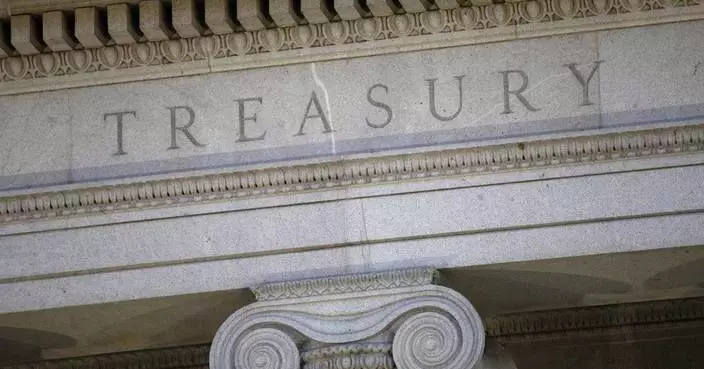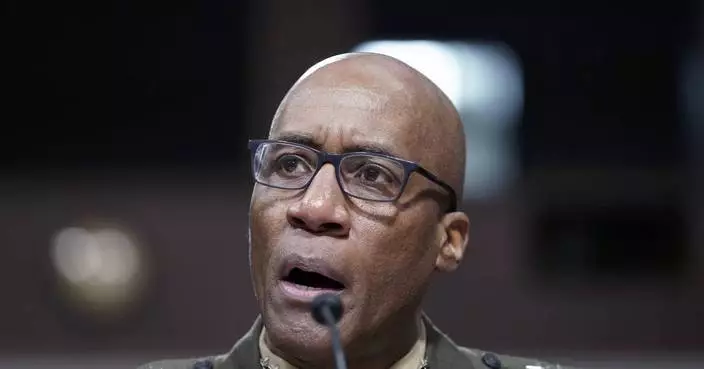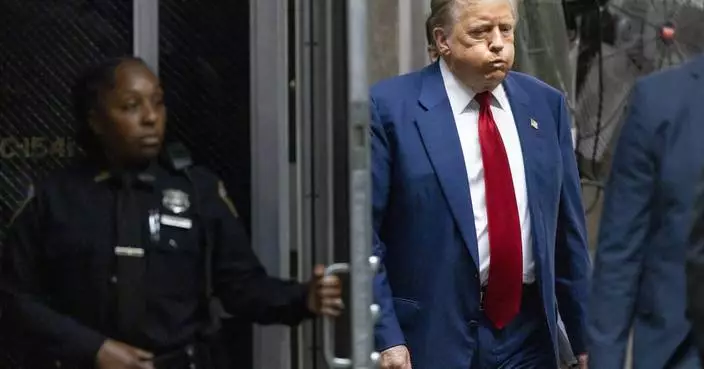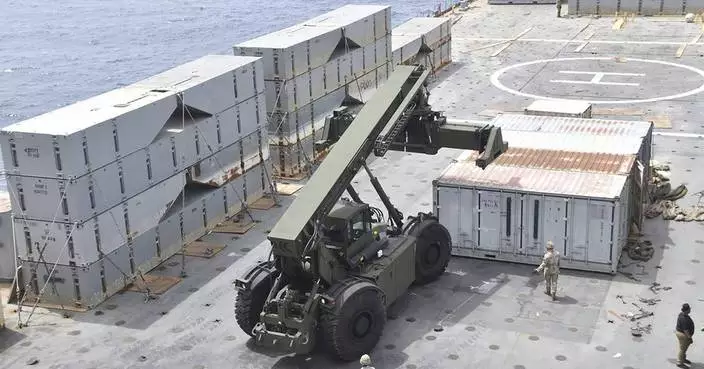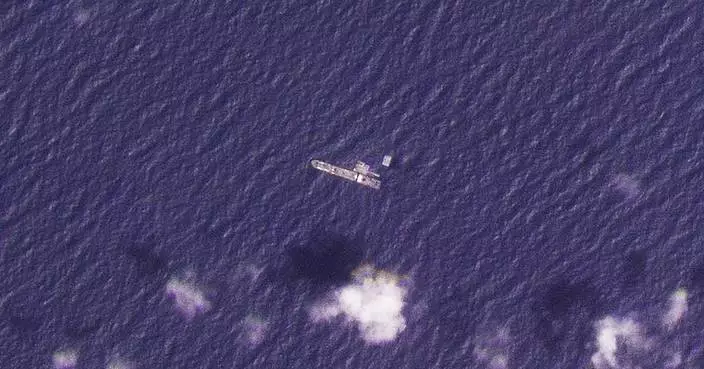The Federal Emergency Management Agency wrongly released to a contractor the personal information of 2.3 million survivors of devastating 2017 hurricanes and wildfires, potentially exposing the victims to identity fraud and theft, a government watchdog reported Friday.
Homeland Security Department's Office of Inspector General found the breach occurred when FEMA was working with a contractor that helps provide temporary housing to those affected by disasters. FEMA is one of Homeland Security's many agencies; the sprawling 240,000-person department also includes immigration enforcement, and the U.S. Secret Service.
FEMA officials agreed that changes needed to be made, and said they were working to change how they deliver data to avoid giving too much information and it will be completed by 2020.
Some information, like names, last four digits of a Social Security number and how many people live in a household are required to confirm eligibility and locate housing for victims. But FEMA also provided the contractor with bank names, electronic funds transfer numbers and bank transit numbers that were not required by the contractor.
The 2.3 million people lived through Hurricanes Harvey, Irma, Maria and California wildfires.
The watchdog said that FEMA violated both federal privacy laws and also Homeland Security policy by giving the extra data to the contractor, whose name was redacted in the report made public Friday.
The contractor also knew that FEMA was providing too much personal data but didn't inform the disaster relief agency.
The 2017 hurricane season was particularly brutal. Harvey slammed ashore in Texas on Aug. 25, 2017, as a powerful Category 4 storm. It killed 68 people and deluged much of the Houston metropolitan area — home to more than 6 million people — with 3 to 4 feet of water. Flooding damaged more than 300,000 structures and caused an estimated $125 billion in damage, according to a report from the National Hurricane Center . Irma struck Florida Sept. 10 and battered Georgia and North Carolina, killing 129 and devastating the Florida Keys. Maria made landfall Sept. 20, devastating Puerto Rico and plunging much of the island in darkness for months after, and left some 3,000 people dead.
Wildfires in California in 2017 burned some 1.2 million acres of land, destroyed more than 10,800 structures and killed at least 46, and insurance claims topped $3.3 billion.
Associated Press Writer Adam Causey in Oklahoma City contributed to this report.
UNITED NATIONS (AP) — Russia has circulated a U.N. resolution calling on all countries to take urgent action to prevent putting weapons in outer space “for all time” a week after it vetoed a U.S.-Japan resolution to stop an arms race in space.
The Russian draft resolution, obtained Wednesday by The Associated Press, goes further than the U.S.-Japan proposal, not only calling for efforts to stop weapons from being deployed in outer space but for preventing “the threat or use of force in outer space,” also “for all time.”
It says this should include deploying weapons “from space against Earth, and from Earth against objects in outer space.”
Russia’s U.N. Ambassador Vassily Nebenzia told the Security Council when he vetoed the U,S.-Japan draft that it didn’t go far enough in banning all types of weapons in space.
The vetoed resolution focused solely on weapons of mass destruction including nuclear arms, and made no mention of other weapons in space.
It would have called on all countries not to develop or deploy nuclear arms or other weapons of mass destruction in space, as banned under a 1967 international treaty that the U.S. and Russia ratified, and to agree to the need to verify compliance.
Before the U.S.-Japan resolution was put to a vote on April 24, Russia and China proposed an amendment that would call on all countries, especially those with space capabilities, “to prevent for all time the placement of weapons in outer space, and the threat of use of force in outer spaces.”
The vote was 7 countries in favor, 7 against, and one abstention and the amendment was defeated because it failed to get the minimum 9 “yes” votes in the 15-member Security Council required for adoption.
U.S. Ambassador Linda Thomas-Greenfield told the council after the vote that Russian President Vladimir Putin has said Moscow has no intention of deploying nuclear weapons in space.
“Today’s veto begs the question: Why? Why, if you are following the rules, would you not support a resolution that reaffirms them? What could you possibly be hiding,” she asked. “It’s baffling. And it’s a shame.”
Putin was responding to White House confirmation in February that Russia has obtained a “troubling” anti-satellite weapon capability, although such a weapon is not operational yet.
Russia’s U.N. Ambassador Vassily Nebenzia said after casting the veto that the U.S.-Japan resolution cherry picked weapons of mass destruction.
He said much of the U.S. and Japan’s actions become clear “if we recall that the U.S. and their allies announced some time ago plans to place weapons … in outer space.”
Nebenzia also accused the U.S. of blocking a Russian-Chinese proposal since 2008 for a treaty against putting weapons in outer space.
Thomas-Greenfield accused Russia of undermining global treaties to prevent the spread of nuclear weapons, irresponsibly invoking “dangerous nuclear rhetoric,” walking away from several of its arms control obligations, and refusing to engage “in substantive discussions around arms control or risk reduction.”
Much of the Russian draft resolution is exactly the same as the U.S.-Japan draft, including the language on preventing an arms race in space.
It calls on all countries, especially those with major space capabilities, “to contribute actively to the objective of the peaceful use of outer space and of the prevention of an arms race in outer space.”
Thomas-Greenfield said the world is just beginning to understand “the catastrophic ramifications of a nuclear explosion in space.”

FILE - U.S. Ambassador to United Nations Linda Thomas-Greenfield speaks on Thursday, April 18, 2024, in Tokyo. The U.N. Security Council is set to vote Wednesday, April 24, 2024, on a resolution announced by Thomas-Greenfield, calling on all nations to prevent a dangerous nuclear arms race in outer space. It is likely to be vetoed by Russia. (AP Photo/Eugene Hoshiko, Pool, File)




